
Family Connections
The family connections program supports young people aged 15-24 and their families to improve family functioning and reduce the risk of homelessness. The program works with all young people with a focus on the multicultural community to create an inclusive and accesible service.
Family Connections is a collaborative program between Conflict Resolution Services (CRS) and Multicultural Hub (mHub), with a focus on providing inclusive support to young people and their families in addressing family conflicts, enhancing well-being, and reducing the risk of youth homelessness.
The program works with all young people aged 15-24 and their families with a focus on the multicultural community to create an inclusive and accessible service.
This initiative places a strong emphasis on early intervention, aiming to create a supportive environment that empowers young people and their families to build stronger relationships. Whether through family counselling, communication coaching, or family mediation, the program’s goal is to reduce the risk of youth homelessness and nurture the overall welfare of all family members.
The program works with young people and their families to address their complex and intersecting risk factors through a youth-centred/family focused integrated service model. The Family Connections program provides a culturally safe prevention and intervention response to youth homelessness through a multidisciplinary approach. This program adopts a collaborative approach combining the strengths and expertise of both organisations.
Key features of the Program
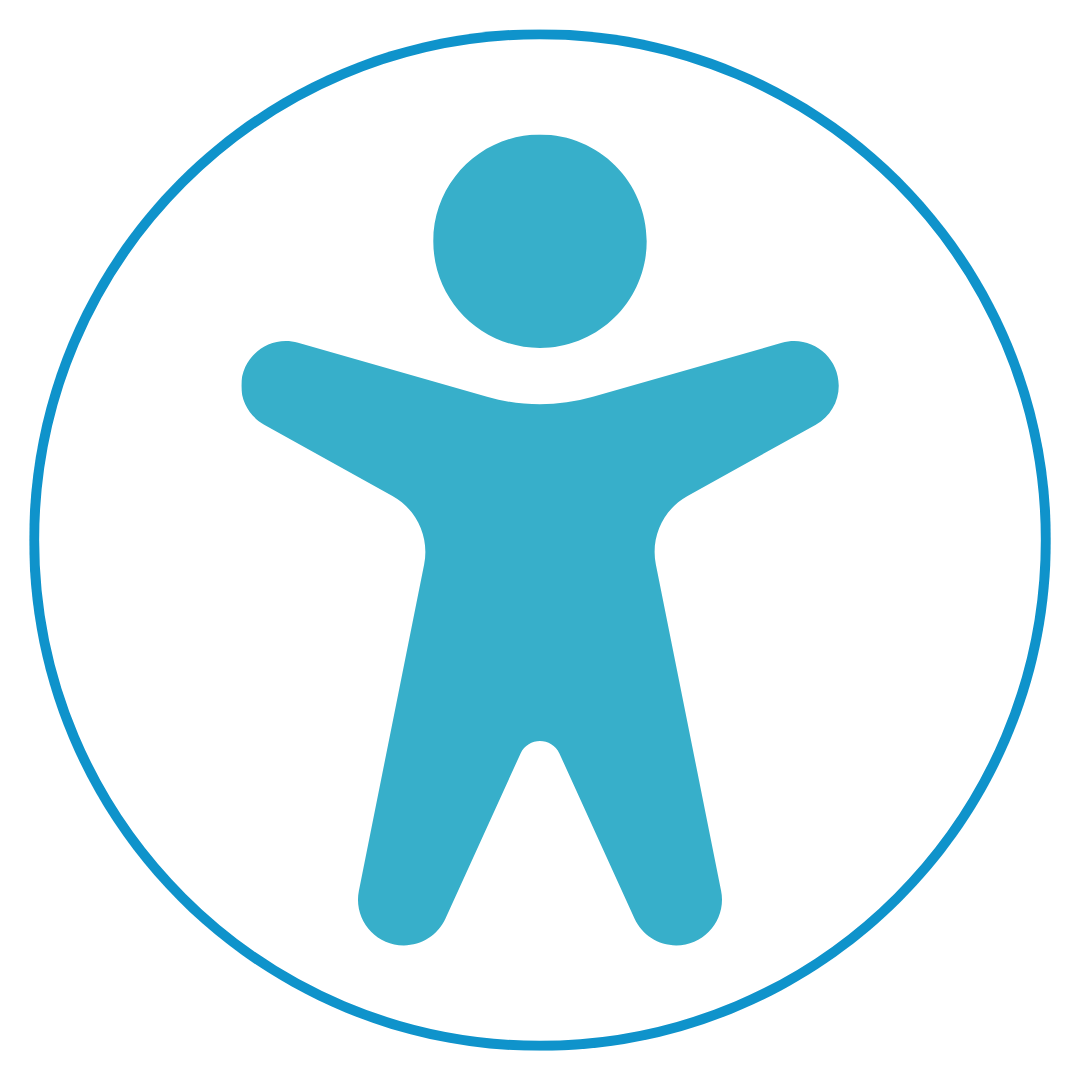
Accessibility
The program is free and open to young people aged 15-24 and their families.
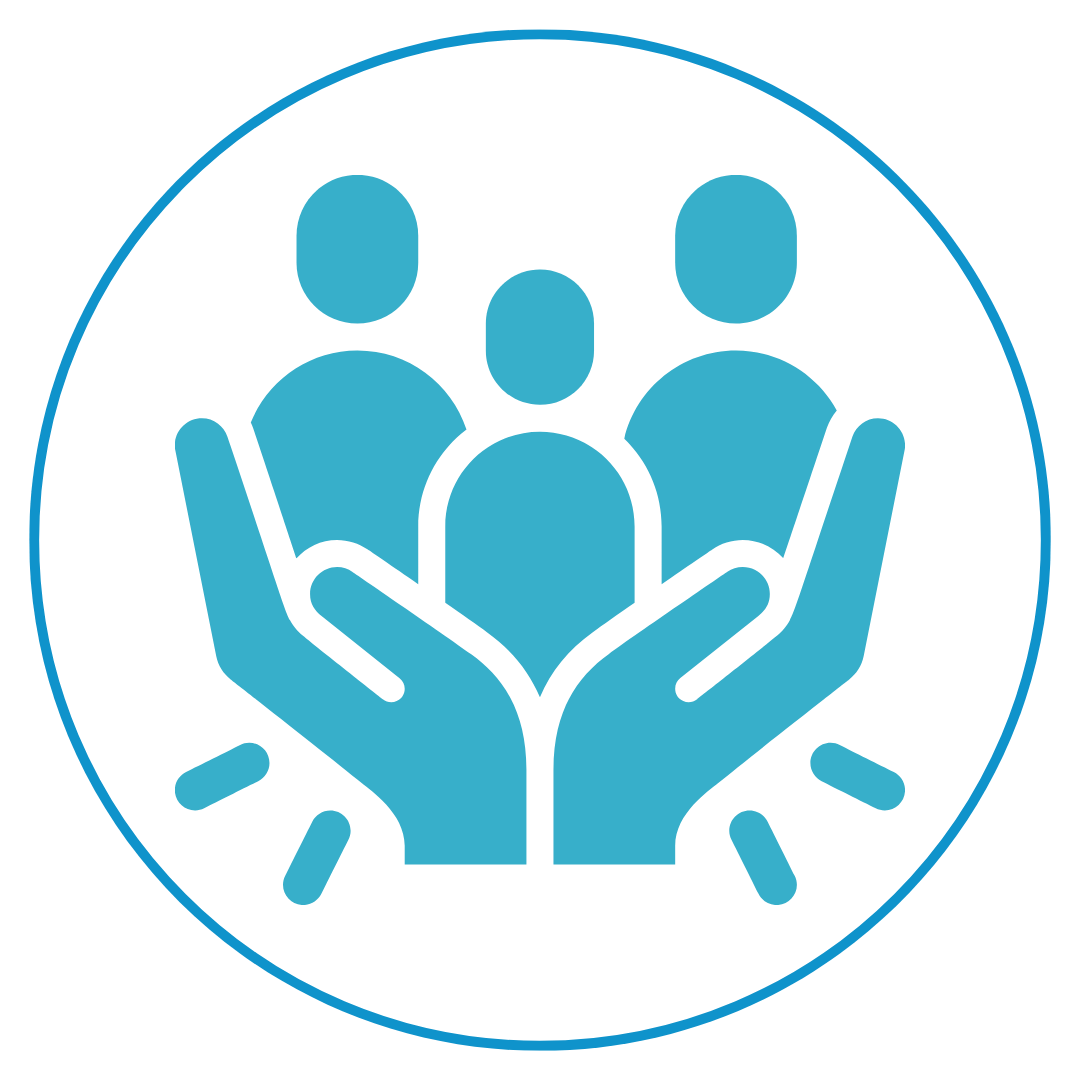
Tailored Support
Offering cultural sensitivity, trauma-informed practices, youth empowerment, and a collaborative, family-centered approach.

Mediation
Providing family mediation and preparation services.

Intervention
Focusing on early and therapeutic intervention.

Counselling and Coaching
Offering family counselling, communication coaching, and relationship improvement.
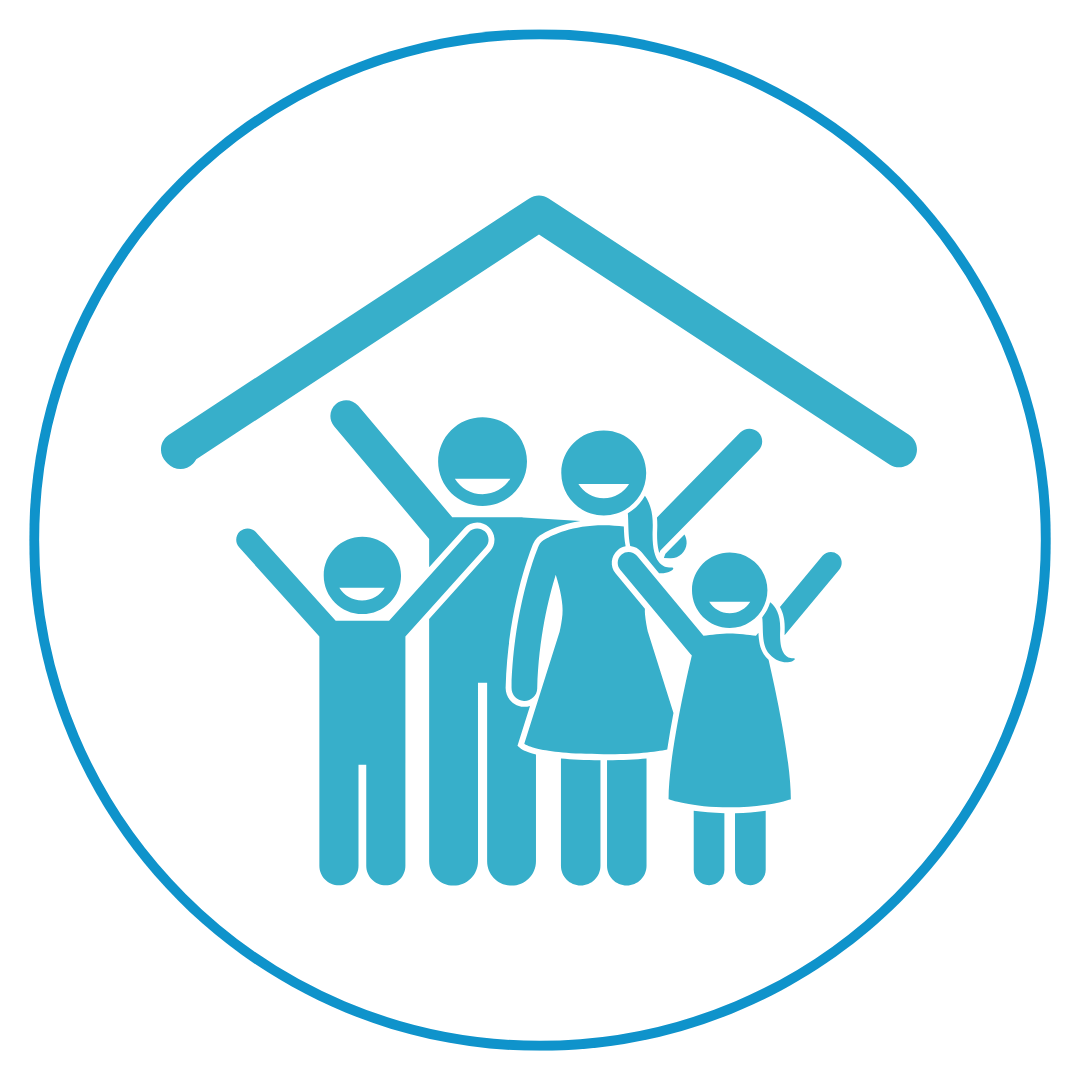
Reunification Focus
With the primary aim of preventing youth homelessness.
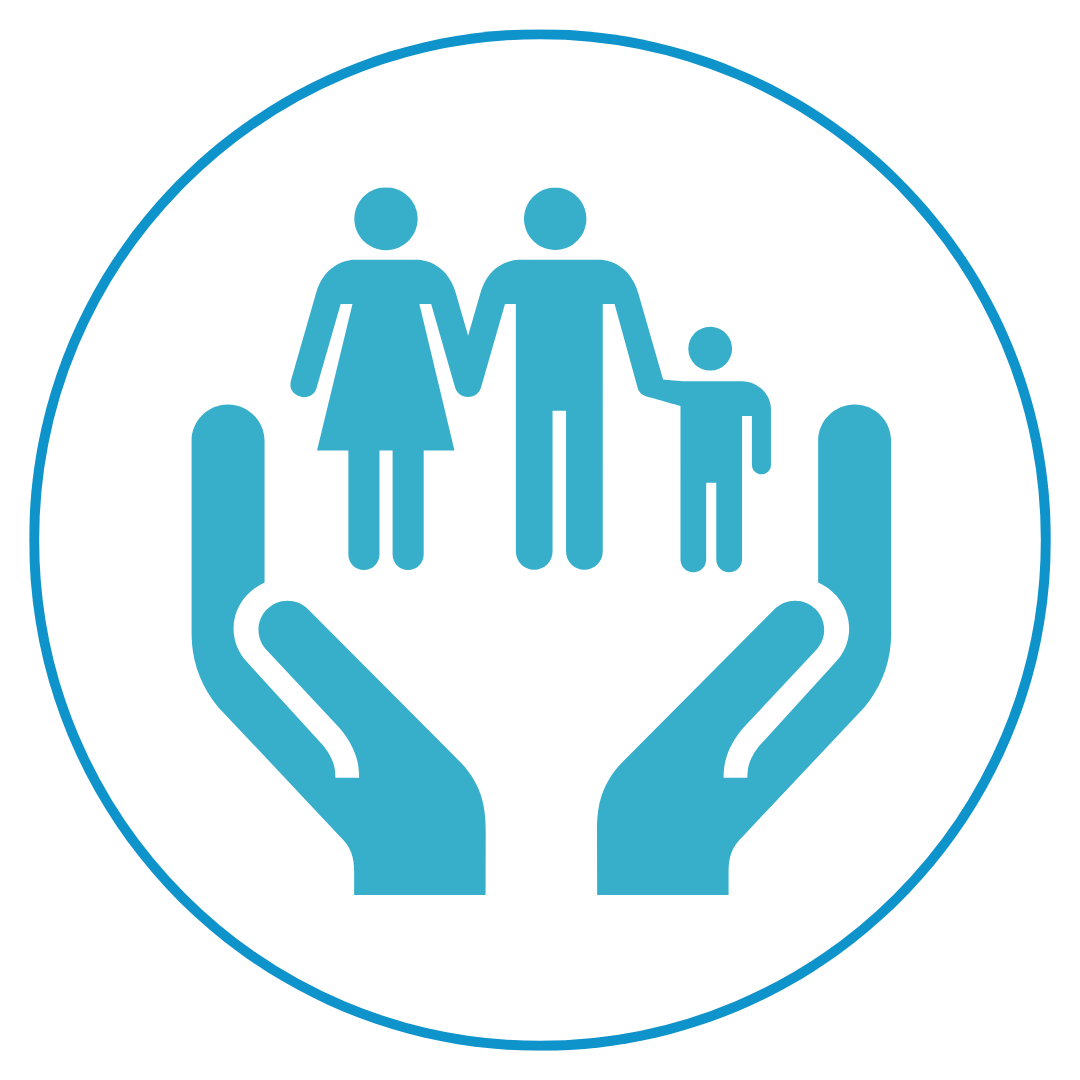
Family Well-Being
Enhancing family well-being through conflict reduction.
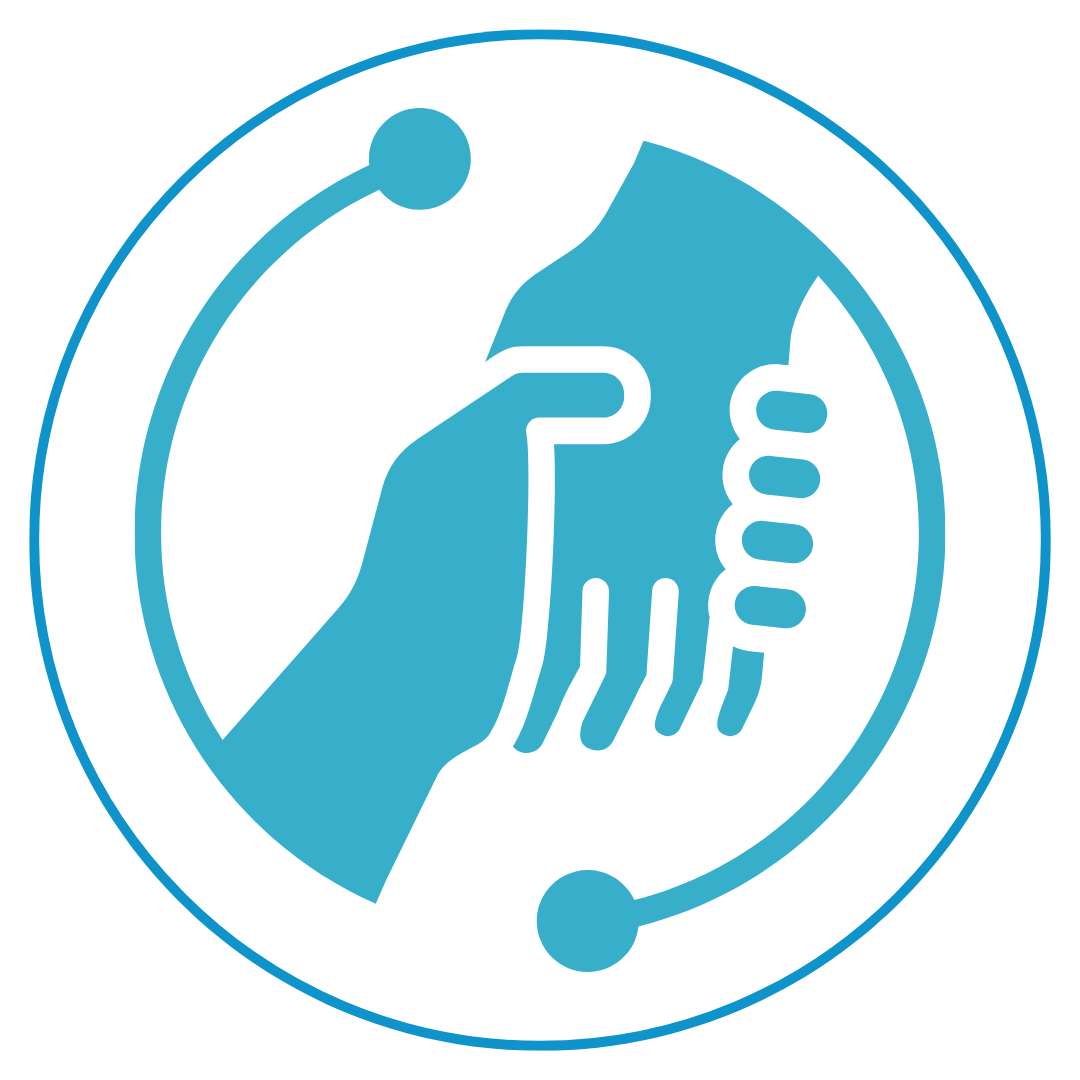
Outcome-Centred
Emphasising outcomes and results.
Anyone who wants to access the program for themselves or someone they know can call 02 6189 0590, email familyandyouth@crs.org.au or complete the referral form below.
Case Study: Fostering Family Harmony Through Culturally Inclusive Support
Following a challenging family incident, Adam, Helen, and their son Cameran were referred to the Family Connections Program. Initially hesitant, Cameran agreed to engage after learning the program would focus on his needs and goals. The program’s culturally safe and inclusive approach played a key role in fostering trust with the family, recognising Adam and Helen’s parenting values were shaped by their cultural backgrounds. This understanding helped bridge perspectives, enhancing the family’s sense of connection and mutual respect.
Cameran worked with his Therapeutic Case Manager on emotional regulation, safety planning, and conflict management strategies. His Therapeutic Case Manager also connected him to youth-friendly mental health services, providing ongoing support for his personal growth and mental health needs. These interventions empowered Cameran to take charge of his goals, including exploring apprenticeship options, while building stability in both his home and school environments.
Adam engaged in sessions on adolescent development and values exploration, helping him understand Cameran’s behaviour in a broader context. These insights fostered empathy and encouraged calmer conversations. Helen focused on co-regulation techniques and boundary-setting, enabling her to navigate conflicts without escalating tensions. Through family mediation sessions, all members practiced respectful communication and conflict resolution, with each family member’s voice respected and valued.
The program’s tailored support has strengthened the Hodzic family’s dynamics, with Adam and Helen feeling better equipped to handle challenges and Cameran reporting a renewed sense of being heard. As a result, family conflicts have decreased, and constructive communication has improved, setting a positive foundation for the family’s ongoing journey together through the program.
Case Study: Strengthening Family Bonds Through Culturally Responsive Support
Ifeoma was 17 when she first engaged with the Family Connections Program after approaching staff following a psychoeducation presentation at a local college. She sought support to manage ongoing conflicts at home, particularly with her father, Adewale, and her mother, Nkem. Strained family dynamics, cultural tensions, and recent crises had intensified challenges at home, and Ifeoma often felt responsible for mediating family conflicts and communication. Ifeoma expressed a strong desire to strengthen her relationship with her father, though cultural expectations around her independence complicated family interactions.
The Family Connections Program provided culturally safe, inclusive support that respected the family’s values and identity, fostering trust within their dynamic. Initially, Adewale and Nkem were hesitant to engage, but the Family Counsellor’s culturally responsive approach helped create a collaborative environment.
Ifeoma’s comprehensive case plan focused on her emotional well-being, addressing her AOD (alcohol and other drug) use, and strengthening her family relationships. Parenting coaching sessions with Adewale and Nkem highlighted effective communication strategies, culturally attuned conflict resolution, and an understanding of adolescent development. These sessions provided psychoeducation to help them recognise how family dynamics affected Ifeoma’s well-being, incorporating a trauma-informed and culturally sensitive approach that respected family identity while supporting resilience.
Recognising the importance of cultural identity and community connection, the Therapeutic Case Manager supported the family’s participation in local cultural events. These activities strengthened their ties and service navigation within Canberra’s multicultural community, enhancing their sense of belonging and shared values. This culturally supportive approach contributed to a broader network of social and emotional support for Ifeoma and her family.
Since returning home, Ifeoma and her parents have experienced a reduction in household tensions and improved communication. With the support of the Family Connections Program, Adewale and Nkem feel better equipped to manage family dynamics, respecting both their cultural values and Ifeoma’s personal needs. Ifeoma, meanwhile, feels increasingly understood and supported, with each family member’s voice valued. Their engagement in the program has enabled them to build a healthier family dynamic grounded in mutual respect and understanding.
Note: Names have been changed to protect individuals’ privacy.
Do you know someone who needs support?
Complete our Referral Form below and we will get in touch.
Are you in need of support?
Complete our Self Referral Form below and we will get in touch.
